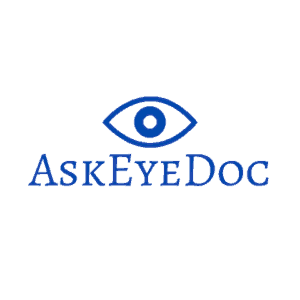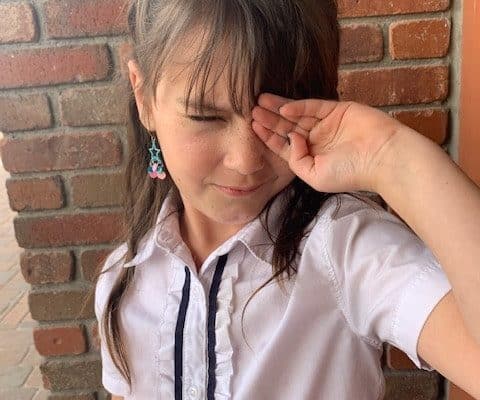Written by: Dr. Stephanie Mulick, O.D.
10 Ocular Emergencies that should not be ignored:
- Eye (Globe) Rupture
- Flashes and Floaters
- Eye pain
- Corneal injury
- Cloudy white eye with vision decrease
- Metal in eye
- Bacterial infection
- Chemical injury to the eye
- Pain and swelling of eye and eyelid
- Sudden loss of vision (total or partial)
Rupture of the Globe:
A rupture may result from severe blunt trauma to the eye. Any penetrating wound into the eye is considered a medical emergency. If you have had an injury to your eye go to the ER or nearest Ophthalmologist immediately.
A globe rupture will require immediate surgical intervention, usually under general anaesthesia, meaning you will be asleep for the procedure.
Depending on the severity of the injury, your vision will most likely be impaired. The sooner the rupture is repaired the better the outcome will be.
Below is a video about eye trauma from Dr. Tayani, a board-certified ophthalmologist and a Harvard-trained orbital-facial plastic surgeon who specializes in ophthalmic plastic and reconstructive surgery of the eyes and upper face.
Flashes and Floaters:
Review my post on flashes and floaters.
Flashes of light may look like lightning or a flash from a camera. Floaters can appear like cobwebs or varying shaped shadows floating in your vision. Do not panic, but do see your nearest eye doctor immediately to rule out retinal involvement.
Eye Pain:
There are several causes of eye pain, some more serious than others. It is necessary to have a thorough eye exam to determine the cause of the eye pain and to rule out any sight-threatening conditions.
Click here to learn about Recurrent corneal erosion. A condition that causes severe eye pain upon waking.
Corneal injury:
A non-penetrating injury to the eye should still be evaluated by your eye doctor for proper treatment. If left untreated there could be a risk for scarring or infection.
Cloudy white eye with vision decrease:
If your eye looks cloudy or your vision seems impaired this is another reason to see your nearest eye doctor immediately.
Metal in the eye:
Unfortunately, getting metal in the eye is more common than you would think. It is always advised when working with metal to make sure you have proper eye protection. Make sure to see an eye doctor immediately if you suspect metal in your eye to avoid rust in the eye. Metal in the eye can rust very quickly.
Bacterial infection:
If you suspect a bacterial infection it is important to start the use of antibiotic drops or in severe cases oral antibiotics. There are several causes for bacterial infections most commonly overuse of contact lenses and prior ocular surgery.
Click here to learn about bacterial conjunctivitis.
Chemical injury to the eye:
If you had a chemical splash into your eye, immediately rinse it with saline or cool water for at least 15 minutes. Try to hold your eye open while you flush it with water.
If you have a contact lens in, try to remove it if possible.
Pain and Swelling to the eye and eyelid:
Pain and swelling can be a sign of infection. Make sure to go to the nearest eye doctor for evaluation and treatment.
Click here to learn about a stye and Meibomian gland dysfunction.
Sudden loss of vision:
If you have a total or partial loss of vision it is best to see an Ophthalmologist for a dilated eye exam.
Conclusion:
There are several ocular conditions that do require immediate attention, so don’t ignore your symptoms especially when it comes to your eyes, you only get two!



vud3wa
la1076
idvkku
hzyz1b
emy7nw